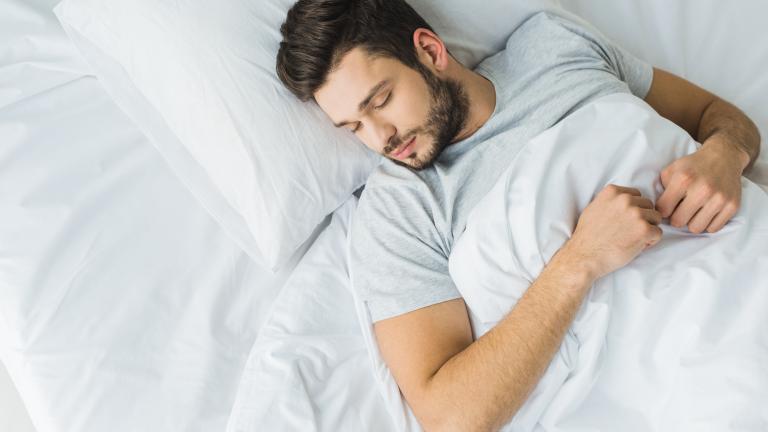The good news: People are sleeping more during the COVID-19 pandemic. The bad: Sleep quality appears to be declining. That’s the combined message from a pair of studies published in the journal Current Biology.
Past studies have shown that insufficient sleep and poor-quality sleep contribute to major health problems, including heart disease, stroke, obesity, and diabetes. Researchers know little about how the COVID-19 pandemic affects sleep and are eager to learn more.
In one of the two studies, researchers explored sleep among college students in Europe during the strictest phase of the COVID-19 lockdown, a six-week period from mid-March until the end of April 2020. They found that the students slept about 15 minutes longer each night, according to self-reported data. However, the students’ perception of sleep quality declined, with many people having trouble falling asleep or staying asleep at night.
In the other study, researchers compared sleep prior to and during stay-at-home orders in 139 students at a university in Colorado who had shifted from in-person classes to remote instruction. The researchers found that the students’ nightly sleep duration increased by about 30 minutes during weekdays and 24 minutes on weekends during the stay-at-home period. During this period, 92% of students got the recommended 7 hours or more of sleep per night, up from 84% prior to the stay-at-home period. This particular study was partly funded by NHLBI. The studies could lead to better sleep health intervention strategies, researchers say.


